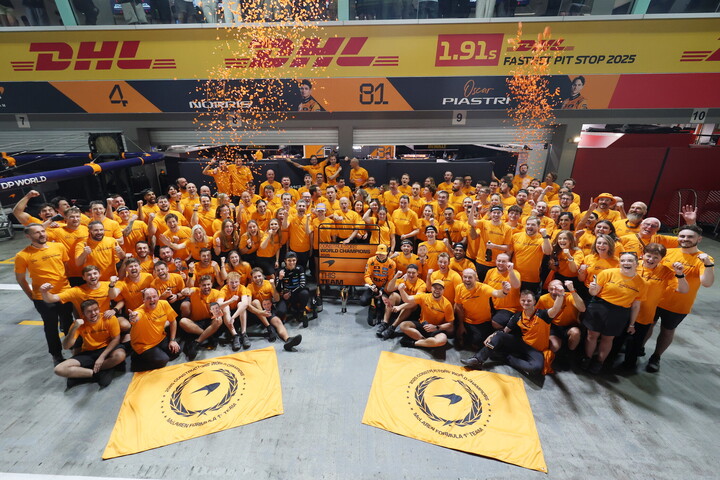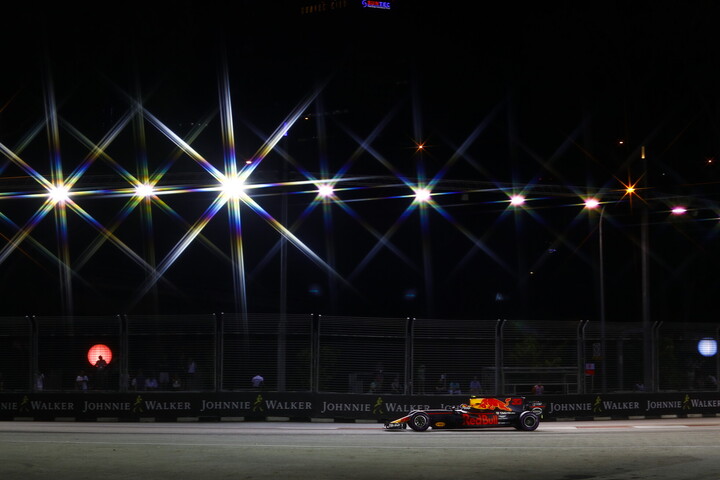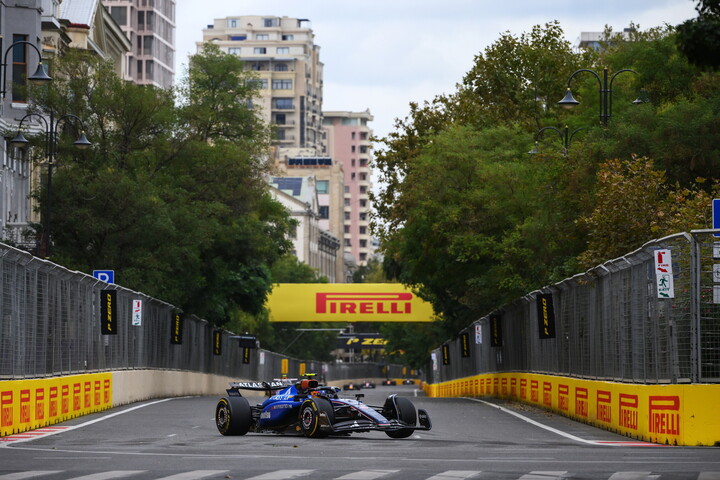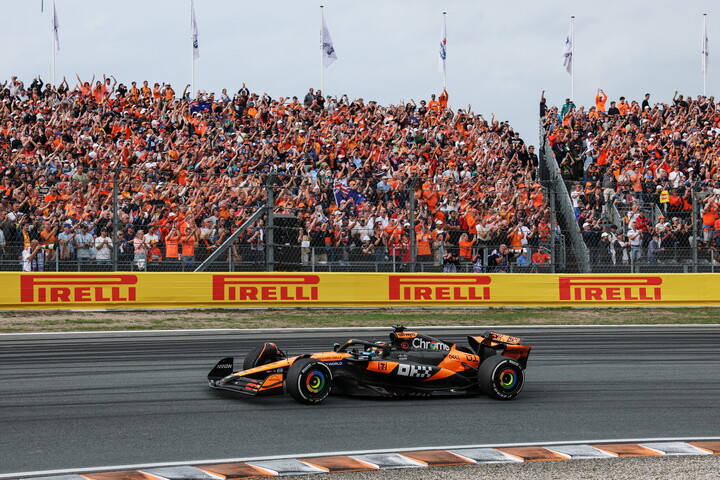On this week #29: the 2002 France GP

On 21 July 2002, Michael Schumacher won the French Grand Prix, thus clinching his fifth Formula 1 world title, the third in a row. No driver had ever managed to win the championship that early, at the eleventh round, with 35% of the season's races still to be contested and that record still stands today. On the back of seven wins and a further three podium finishes from the first ten Grands Prix, Schumacher arrived in Magny-Cours with a huge lead of 54 points over team-mate Rubens Barrichello, at a time when points were only assigned to the first six finishers, on a scale of 10-6-4-3-2-1, with Juan Pablo Montoya and Michael's brother Ralf one and two points further back respectively. It was only a matter of time before Michael would be crowned, but Maranello officially remained tight-lipped on the subject. In qualifying, Montoya claimed pole in the Williams, as he had done a few times that year, ahead of the two Ferraris. However, in the race, the Prancing Horse cars, especially Schumacher's had the upper hand and were almost always unbeatable.

There was drama even before the start, as Barrichello's car wouldn't fire up for the formation lap and the Brazilian had to retire, removing one of the three drivers who were theoretically in with a chance of taking the title. In the opening laps, there was a bit of a battle between Montoya in the lead and Michael Schumacher and Kimi Raikkonen, but then the race settled down before the first run of pit stops. The German managed to take the lead, but as he rejoined the track, he crossed the white line that marks the pit lane exit and found the threat of a penalty hanging over him. It was a simple mistake that could nevertheless ruin his chances of putting the title to bed that Sunday. On the Ferrari pit wall, they hatched a plan that involved Michael making the most of a clear track ahead of him to build up enough of a lead to wipe out any penalty that might be applied. It worked to a certain extent, but when he came in for the imposed drive-through penalty on lap 35, he rejoined right behind Raikkonen and also behind Montoya, now back in the lead. It was at this point that Allan McNish in the Toyota got involved in the drama for the first time. As Kimi came up to lap the Scotsman, he left a small gap and Michael tried to pass, but the Finn closed the door. However, the Japanese car would yet play a decisive role in the outcome of the race.
The white line penalty once again reared its head at the second run of pit stops, this time affecting Montoya and then David Coulthard, the latter thus seeing his chances of an unexpected win evaporate. Raikkonen therefore found himself again in the lead, still looking for his maiden Formula 1 win, chased by Schumacher who had his sights set on victory in order to take the title.

Michael wasn't really in any hurry. In a week's time he could win the title in Germany at Hockenheim, a race he had never won with Ferrari. Maybe the thought crossed his mind that it would be nice to celebrate at home and given that Raikkonen seemed comfortable in the lead, he tucked in behind him without forcing the issue. But now, McNish in his Toyota, a lap down, was about to unwittingly get involved again. His engine was leaking oil and he had to park his car in the escape road at the Adelaide hairpin, with six laps remaining. When Kimi braked for the corner, his McLaren did not respond and he ran wide, leaving the door open for Schumacher. “There was a yellow flag but not the one for oil or a slippery track,” explained Raikkonen with his trademark brevity after the race. “I think a Toyota or something had blown up its engine, or there was something there, just oil and I locked the front wheel, the front right and Michael went past.”
The German almost got caught out too, but managed to keep his Ferrari on track to take the lead, now followed by the Finn who had got going again. It was now just a case of going to the flag, a distance of a little over 20 kilometres. “When I took the lead and I knew I could be champion, those were probably the worst five laps of my life,” said Michael. “I suddenly felt the pressure of not being able to make a mistake. I've never been good at finding the right words in moments like these. It overwhelmed me. All weekend I never thought I'd win here, so I hadn't felt any pressure earlier. I'm sorry for Kimi, because he drove a really great race. Going off on oil is not a question of experience or inexperience. It happened to him, but it could have happened to anyone. But I can't say I overtook him, as he was practically off the track and I simply kept to my line.”

Those last few laps must have also seemed interminable for everyone at Ferrari, as they began to sense the possibility of what was about to happen. The celebrations were somewhat muted at first, because McLaren had protested Schumacher for passing Kimi under a yellow flag, but that only served to delay the appearance at the track of Ferrari President, Luca di Montezemolo. He had arrived in Magny-Cours a while earlier, but did not want to make his presence known until the result was declared final. A little village in central France might not have been the ideal venue for celebrating a world title that put the German on a par with Juan Manuel Fangio at the top of the all-time championship winners list. But the opportunity was too good to miss and once a big enough venue had been found to accommodate the entire team, the festivities began. They only lasted one night, as there was another race the following Sunday and another Constructors' title to win and this particular incarnation of the Scuderia never took anything for granted, never considered the job was done. It was in its pomp and would go on winning for a few years yet…




